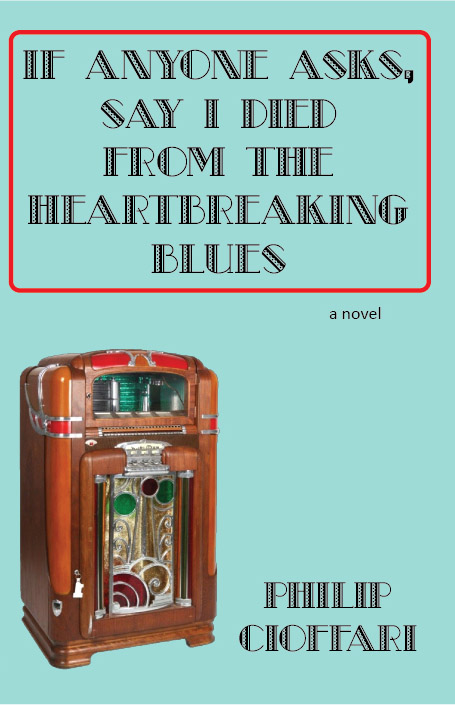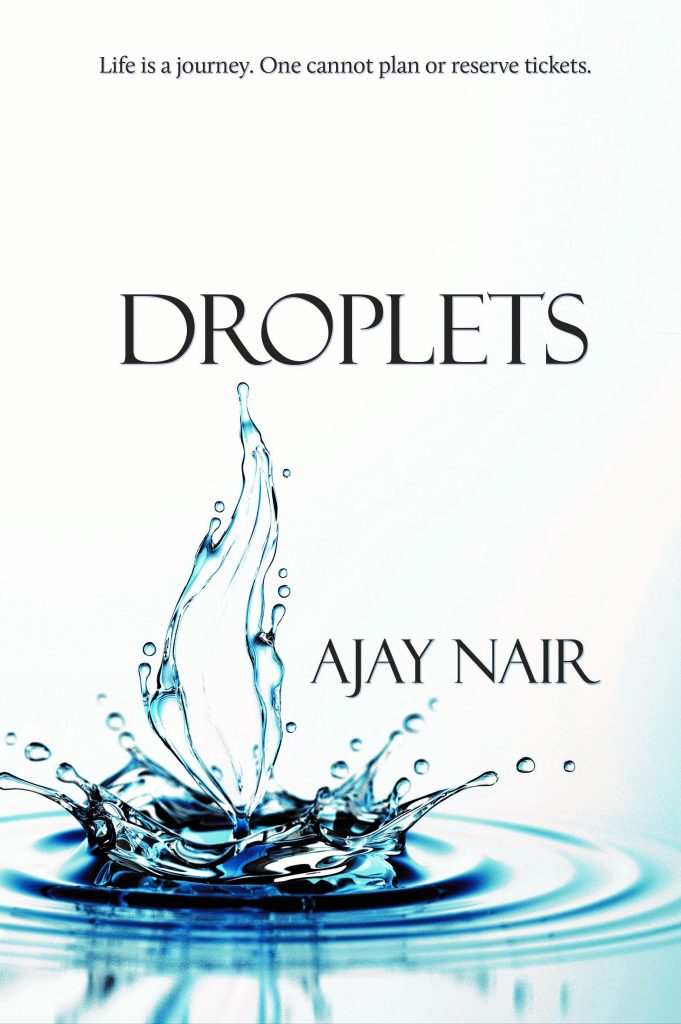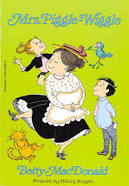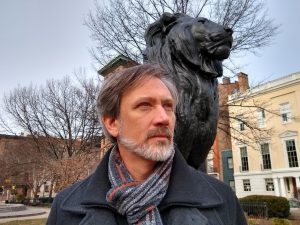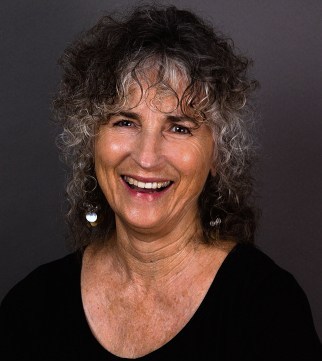‘Woke’ Fiction Writing–is it Responsible for the Decline of the Serious Novel?
Are you getting bored by so-called literary fiction these days? Perhaps finding it didactic, lecturing and hectoring—and terribly predictable? One of the results of the ‘liberal consensus’ which almost everyone I know shares, is that there is a great tribe of people who not only have the same views on nearly every issue, but also that this tribe, composed largely of academics and the intelligentsia, expects its writers to trumpet those views, and punishes writers who fail to do so. Writers have always been concerned with social issues like poverty, prejudice against women, certain social classes, and ethnic and other minorities; the difference is that nowadays, instead of investigating them, dispassionately, and allowing the reader to make up his or her mind, many writers are simply preaching: using fictional forms to promote an ideology.
